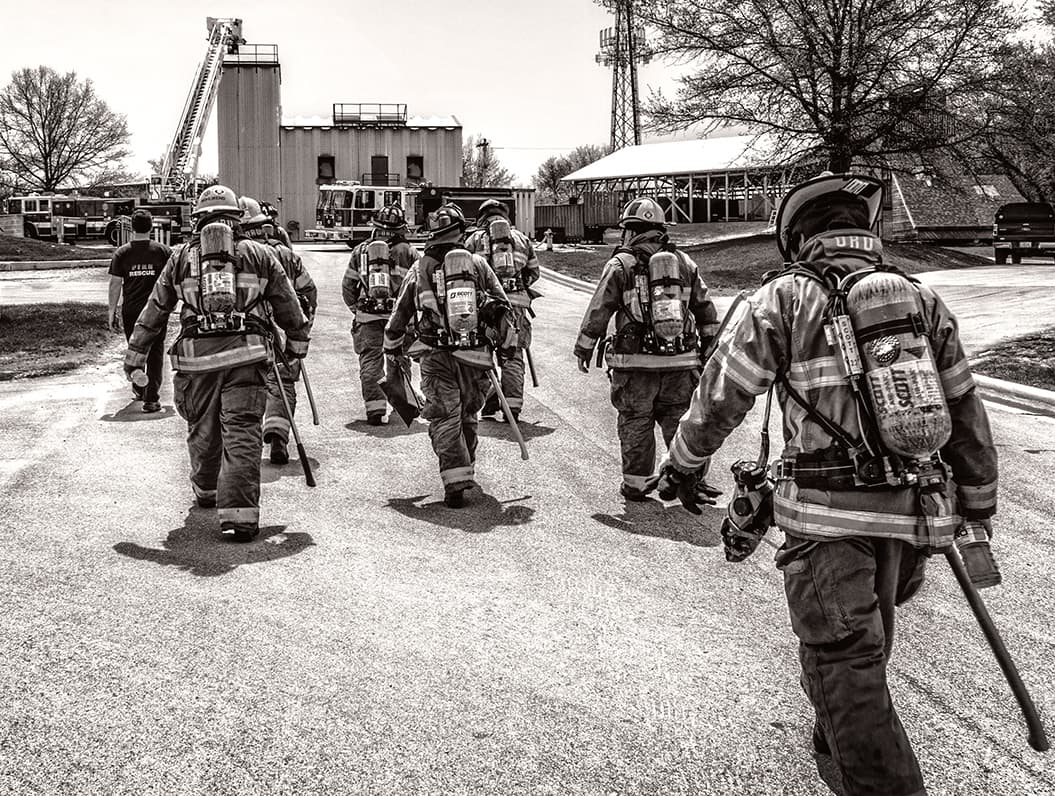Author: IAFF Staff
June 8, 2017
Like many fire fighters and paramedics with post-traumatic stress disorder (PTSD), you might be determined to keep your struggles in the shadows. You worry you’ll burden family and friends, so you keep your symptoms hidden and deny or minimize the problems. Your reasons for keeping it inside are understandable, but those good intentions can hurt the very people you are trying to protect.
Other factors to consider as you think about keeping your PTSD hidden:
- People probably notice changes in your behavior, even if you haven’t told anyone. Your family and friends see that you don’t sleep at night. They observe your angry outbursts or that you startle easily. They worry that you’re drinking more. When loved ones don’t know what’s going on — or they sense you’re keeping something from them — they can get anxious. These feelings of helplessness may turn into physical symptoms, including headaches or digestive problems, as the ones you love struggle to cope with the underlying issues.
- Children are intuitive and can often pick up on fundamental problems. When there is tension or an unspoken problem in the family, children often believe that they are to blame. In these cases, children can take away destructive patterns that they repeat in future generations — they learn to distrust their own perceptions and internalize the unspoken rule that personal problems cannot be discussed.

- Trust is eroded when you deny the truth of your situation or lie to hide your struggles. Family and friends may get angry, believing that you don’t find them trustworthy or that the relationship is not as close as they thought. Relationships are strongest when both people trust each other enough to share vulnerabilities.
- Far from burdening friends and family, there is great relief when behavioral health issues are out in the open. We often exaggerate in our minds how people will react. It’s our own self-judgment and shame that fuel the stigmatizing belief that secrets must be kept. In fact, family and friends are usually more supportive and understanding than we ever thought possible. By sharing your concerns, you give others the chance to provide support and validate the importance of your relationship.
You get to decide whether and how to share your PTSD struggle with family and friends, so think through the full ramifications of that decision. Understand how your desire to NOT be a burden can hurt those you love. Resist the pull to keep it inside and instead talk more openly about your experiences and emotions. Your relationships will benefit and you’ll be one step closer to getting better.
